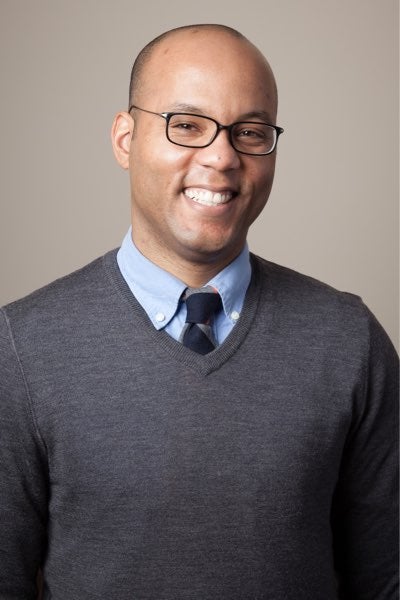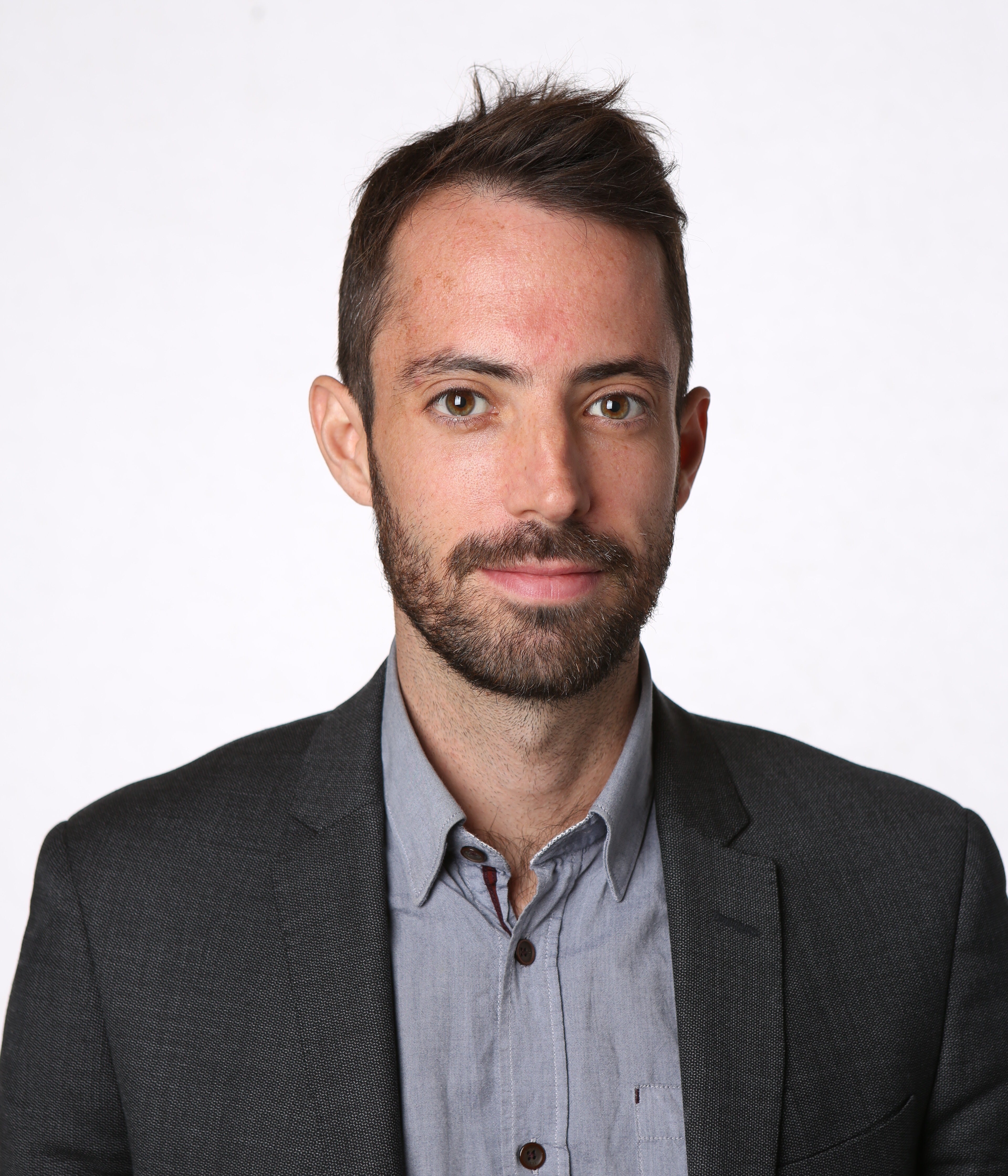This fall, the SFS welcomes two new tenure-track professors to the faculty. Professors Jamie Martin and Joel Simmons will bring fresh perspectives and innovative research to the Hilltop from opposite sides of the world.

“Most of my work concerns the political economy of development, particularly, economic growth and social policy,” Simmons says. “Currently, I’m working on two different research projects. One regards female labor force participation in less developed countries. I’m especially interested in figuring out to what extent a woman’s labor force status is determined by material conditions and to what extent is it determined by cultural attitudes regarding women’s appropriate roles in public life.”
Alongside that project and the beginnings of a book focused on corruption, Simmons will teach undergraduates in a government course co-led by Professor Nita Rudra.
“It’s a class on development, but we’re combining learning about important theories of political and economic development with hands-on data analysis,” Simmons says. “So, along with learning about a variety of important substantive topics, students will also learn skills regarding data analytics and data visualization as they relate to those topics. It’ll be a lot of fun.”
Joining Simmons on the SFS Faculty as an assistant professor is Dr. Jamie Martin. For him, the change in scenery will be a little more dramatic, as he is transitioning from a Postdoctoral Research Fellowship at the University of Sydney, Australia, continuing an academic career as a historian.

“I’m very excited to be joining Georgetown’s diverse group of scholars and practitioners studying international order and its historical development,” Martin says. “My current book project looks at the origins of the earliest international schemes to manage the world’s capitalist economy, which emerged out of the experiences of total war and postwar reconstruction in the twentieth century. I have also begun working on a second book project on the global history of sovereign debt and its management during the ‘first wave of globalization’ of the late nineteenth and early twentieth centuries.”
Martin will teach two sections of the MSFS core history course, Globalization of Inter-Societal Relations. He calls the class a “unique opportunity for applying historical perspectives to the study of the contemporary international system, and in ways that are relevant for a variety of career paths – whether in government, international institutions, or non-governmental organizations.”
While their research is separated across different fields, a shared interest in the problems of the world and a drive to address them brings Simmons and Martin together at SFS.
“Ours is a world of immense challenges. Millions of people live in poverty. Civil conflict, corruption, and weak institutions are all too common around the world,” Simmons says. “I have always wanted to understand those problems and to invite students to do the same, and encourage those students to become problem solvers who work to remedy these social ills.”
Similarly, Martin hopes to offer historical perspective on the way forward.
“While historians are careful to avoid presentism or prediction, moments of political change and crisis can focus their gaze on topics, sources, and long-term trends that have gone unnoticed or been underemphasized in the past. The ongoing political and economic fallout from the global financial crisis of 2007-8 has inspired a new set of discussions among international historians and historians of political economy, which I’ve enjoyed taking part in at Harvard University and the University of Sydney.”
Both Simmons and Martin highlighted the significance of the SFS as their new setting to pursue these goals.
“I teach and conduct research on comparative and international politics – with a particular interest in less developed countries,” Simmons says. Obviously, SFS is a perfect place for me to engage in those tasks. It is a real thrill for me to work with so many people at SFS with similar interests.”
Martin echoed this emphasis on community.
“At Georgetown, I look forward to joining a community thinking broadly and deeply about how we got to the period of rapid change we’re living through now – and about where we go from here.”